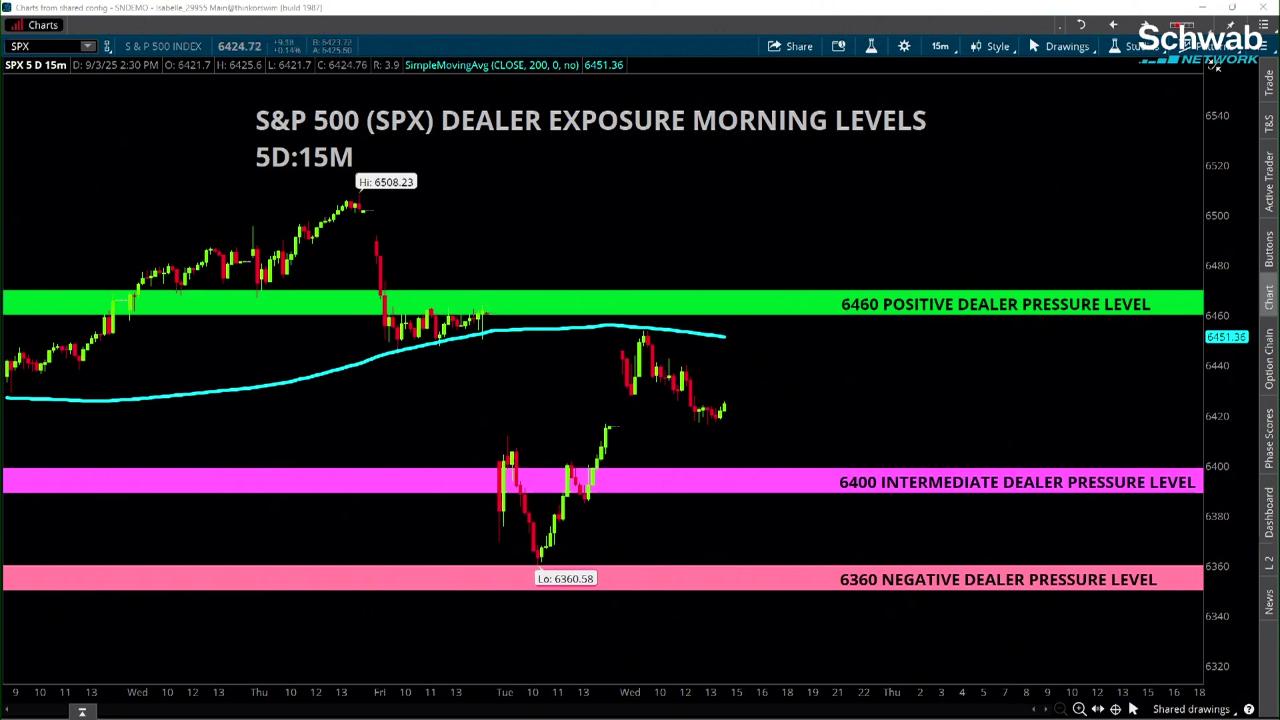- Market Minute
- Posts
- Google Loses Court Cases but Still Emerges Winner
Google Loses Court Cases but Still Emerges Winner

Despite two rulings against it over anticompetitive practices, Alphabet (GOOGL) has avoided having to spin off its Chrome business or otherwise break up the company.
The first ruling dominated markets yesterday, with GOOGL surging, leading the whole market higher in relief. Almost a year after finding that Google illegally held a monopoly on internet search, U.S. District Judge Amit Mehta ruled that it can keep the Chrome browser and the Android operating system. He called the DOJ’s divestiture request an overreach, saying that Google “did not use [the products] to effect any illegal restraint.”
The judge ruled that Google can no longer make exclusive contracts for distribution; however, Google explicitly can still pay other companies for favorability. This led to Apple (AAPL) also rising, because Google pays it billions every year to be the default search engine on iPhones. Given Google’s already dominant status and mountains of cash, how much does this really change the game?
The biggest penalty coming out of the case is that Google has to share some search data, such as search index and user-interaction logs, with “qualified competitors,” though “not ads data.” The DOJ had asked for broader data sharing requirements, but Mehta narrowed the focus.
Google said, “We have concerns about how these requirements will impact our users and their privacy.” The company had planned to appeal the original anticompetitive ruling.
The second ruling comes from Australia, where Alphabet and Epic Games were still litigating over its app store practices. The Australian courts partially ruled against Alphabet and Apple in August, finding their app stores had no protections against anticompetitive behavior.
Epic Games claimed that their own app store would be made available on iOS, but did not specify a timeline.
While the full terms are still sealed, both companies have the opportunity to appeal.
The U.S. ruling disappointed some observers who call the penalties too soft. Even with the data sharing requirements, the CEO of DuckDuckGo, an alternative search engine, said, “it’s a nothingburger” and “consumers will continue to suffer.”
Interestingly, Mehta said he was influenced by the emergence of AI competition. “The money flowing into this space, and how quickly it has arrived, is astonishing,” he wrote, and considers AI companies better-positioned to compete in search than any other player has been for decades.
Of course, Google is already a major player in AI search as well with its Gemini product, and offers users AI summaries at the top of search results already. Wedbush’s Dan Ives wrote that, following the ruling, “We now see a green light for a bigger Gemini AI partnership between Apple and Google.”
However, while search is a major part of Google’s business, it makes money from users clicking links – not reading AI summaries. Google will have to figure out how to better monetize this new part of its business – but doing so could potentially starve out the sites it indexes, which rely on traffic that AI is eating up. That could open a whole new can of worms down the road.
Overall, Google’s dominance seems unshaken in the face of these rulings. Wall Street seems pleased with the results. Perhaps unforeseen consequences are lurking down the road for Google, but for now it looks like full speed ahead.
See our latest update to McGraw Hill (MH) CEO & the ‘Gamification’ of Education
Morning Minute
Featured Clip
Tune in live from 8 a.m. to 5 p.m. ET, or anytime, anywhere, on‑demand.
Or stream it via thinkorswim® and thinkorswim Mobile, available through our broker-dealer affiliate, Charles Schwab & Co., Inc
Please do not reply to this email. Replies are not delivered to Schwab Network. For inquiries or comments, please email [email protected].
See how your information is protected with our privacy statement.
Charles Schwab and all third parties mentioned are separate and unaffiliated, and are not responsible for one another's policies, services or opinions. Schwab Network is brought to you by Charles Schwab Media Productions Company (“CSMPC”). CSMPC is a wholly owned subsidiary of The Charles Schwab Corporation and is not a financial advisor, registered investment advisor, broker-dealer, or futures commission merchant

